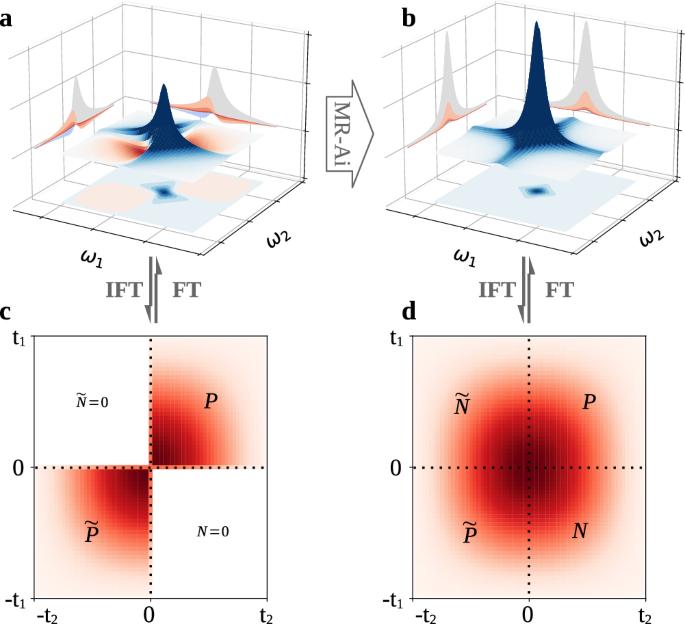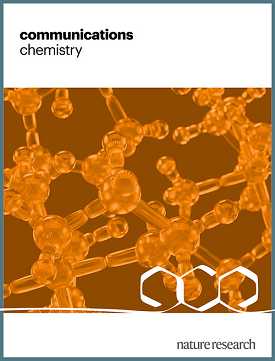用人工智能超越传统的磁共振处理。
IF 5.9
2区 化学
Q1 CHEMISTRY, MULTIDISCIPLINARY
引用次数: 0
摘要
使用人工智能的智能信号处理方法在核磁共振应用中的发展势头日益强劲。在这项研究中,我们证明了人工智能提供了超越传统技术任务的新机遇。我们开发并训练了人工神经网络,以解决迄今为止被认为 "不可能 "解决的三个问题:仅使用传统回波/反回波方案中的回波(或反回波)调制进行正交检测;获取以任何给定方法处理的频谱中每个点的信号强度的不确定性;以及定义用于定量获取 NMR 频谱质量的无参考分值。我们的研究结果凸显了人工智能技术彻底改变核磁共振处理和分析的潜力。本文章由计算机程序翻译,如有差异,请以英文原文为准。

Beyond traditional magnetic resonance processing with artificial intelligence
Smart signal processing approaches using Artificial Intelligence are gaining momentum in NMR applications. In this study, we demonstrate that AI offers new opportunities beyond tasks addressed by traditional techniques. We developed and trained artificial neural networks to solve three problems that until now were deemed “impossible”: quadrature detection using only Echo (or Anti-Echo) modulation from the traditional Echo/Anti-Echo scheme; accessing uncertainty of signal intensity at each point in a spectrum processed by any given method; and defining a reference-free score for quantitative access of NMR spectrum quality. Our findings highlight the potential of AI techniques to revolutionize NMR processing and analysis. Smart signal processing approaches using Artificial Intelligence are gaining momentum in NMR applications. Here, the authors use AI for quadrature detection using only (Anti-)Echo modulation, accessing uncertainties of signal intensities at each point in a spectrum processed by any given method, and to define a reference-free score of NMR spectrum quality.
求助全文
通过发布文献求助,成功后即可免费获取论文全文。
去求助
来源期刊

Communications Chemistry
Chemistry-General Chemistry
CiteScore
7.70
自引率
1.70%
发文量
146
审稿时长
13 weeks
期刊介绍:
Communications Chemistry is an open access journal from Nature Research publishing high-quality research, reviews and commentary in all areas of the chemical sciences. Research papers published by the journal represent significant advances bringing new chemical insight to a specialized area of research. We also aim to provide a community forum for issues of importance to all chemists, regardless of sub-discipline.
 求助内容:
求助内容: 应助结果提醒方式:
应助结果提醒方式:


